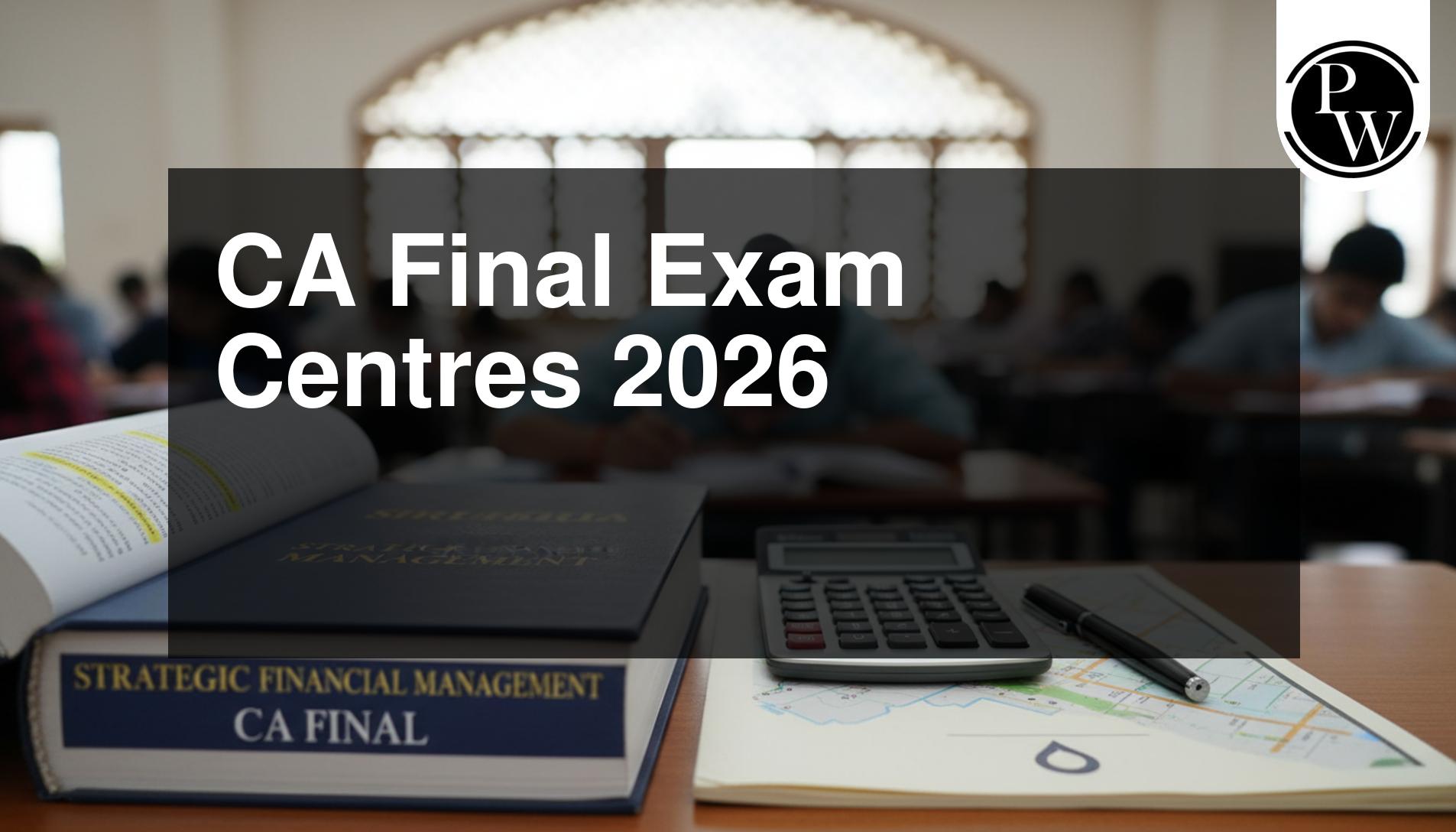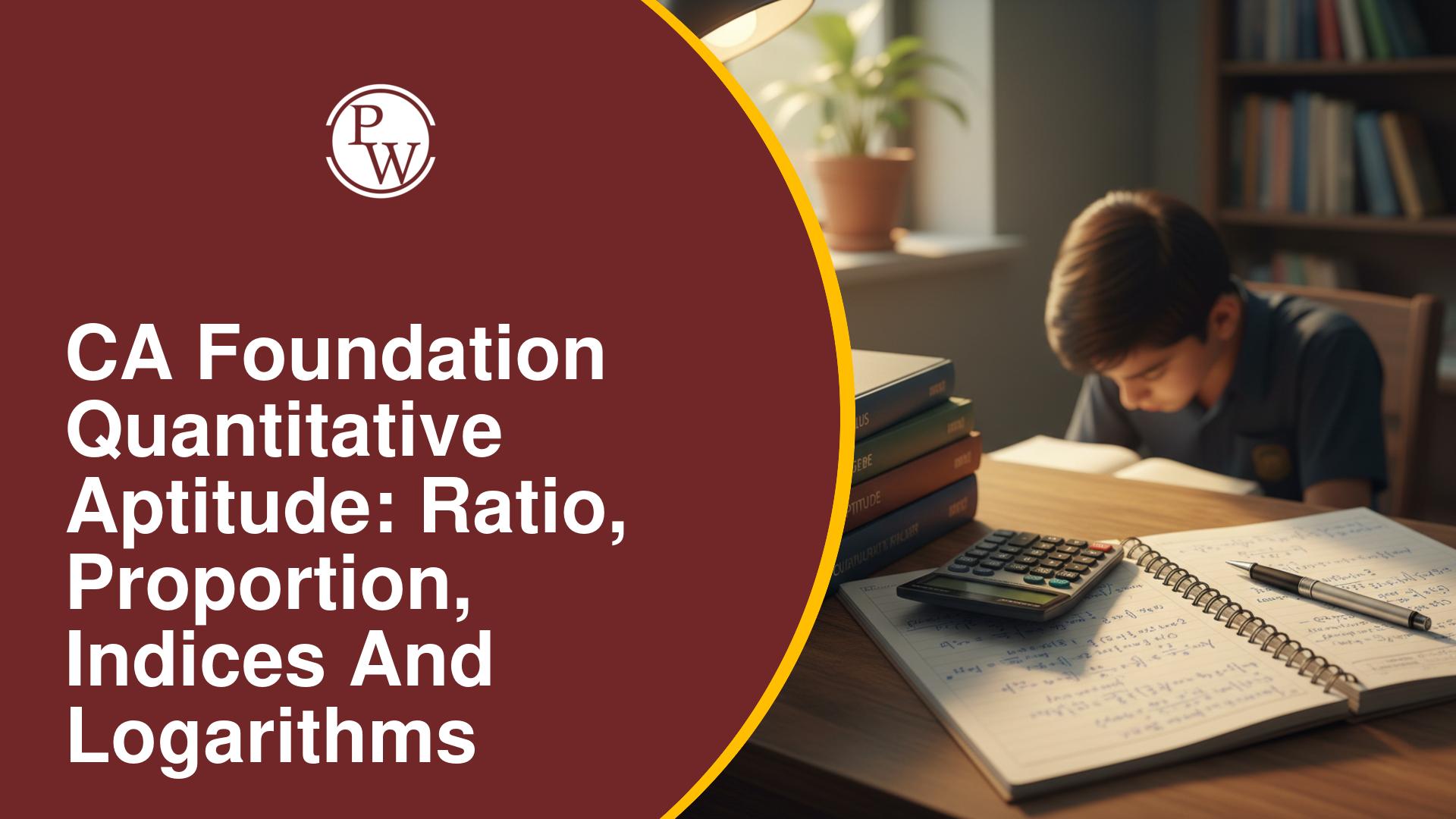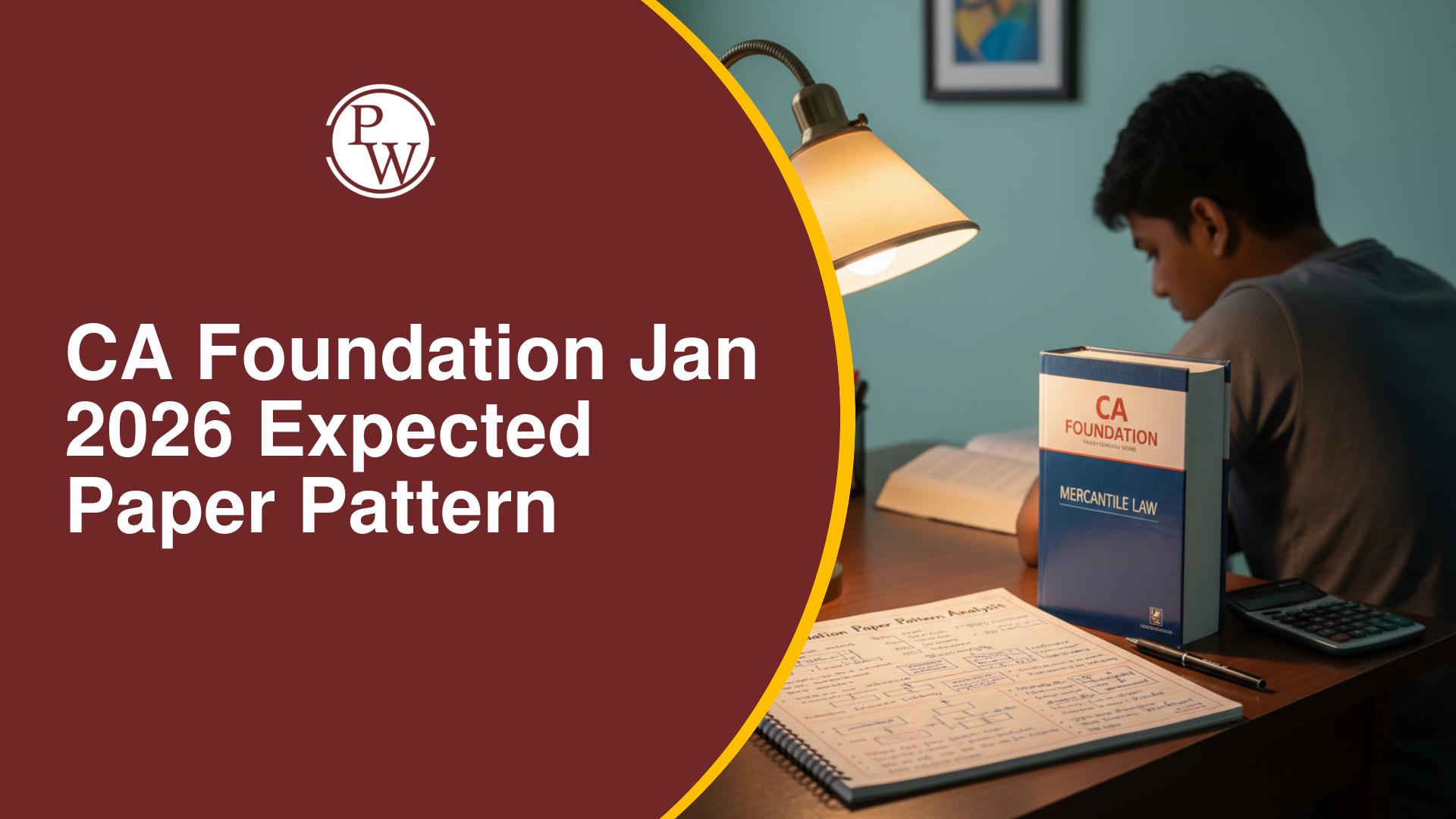
Trade Policy is a cornerstone of any country's economic framework. As CA students, understanding its nuances is vital for excelling in your professional journey. Learn about the concept of Trade Policy, its types, and its implications, equipping you with the knowledge needed to tackle related CA exam questions with confidence.
What is Trade Policy?
Trade Policy refers to a set of rules, regulations, and agreements that govern a country's trade with other nations. It encompasses strategies aimed at managing imports and exports to achieve economic goals such as growth, employment generation, and a favorable balance of payments. Think of Trade Policy as the blueprint that dictates how a country interacts with the global market. It influences tariffs, subsidies, quotas, and other trade-related measures, shaping the economic trajectory of a nation.Types of Trade Policy
Understanding the types of Trade Policy is crucial for CA students to interpret real-world economic scenarios effectively. Here are the primary categories:1. Free Trade Policy
A Free Trade Policy eliminates barriers like tariffs and quotas, promoting unrestricted trade between countries. The idea is to enhance competition, improve product quality, and provide consumers with a variety of choices.Example: Countries within the European Union operate under a free trade agreement, fostering seamless trade among member nations.
2. Protectionist Trade Policy
In contrast, a Protectionist Trade Policy imposes restrictions to shield domestic industries from foreign competition. Tariffs, subsidies, and import quotas are common tools used.Example: India's imposition of higher import duties on certain goods to promote "Make in India" is a form of protectionism.
3. Export Promotion Trade Policy
This policy focuses on encouraging domestic industries to produce goods for export by offering incentives like tax exemptions and subsidies.Example: Special Economic Zones (SEZs) in India aim to boost exports by providing businesses with relaxed regulations and tax benefits.
4. Import Substitution Trade Policy
Here, the goal is to reduce dependency on imported goods by promoting domestic production. This policy is often adopted by developing countries to strengthen their industrial base.Example: India’s early economic policies post-independence emphasized import substitution to build self-reliance.
Also Check: Statistical Representation of Data
Key Components of Trade Policy
To master Trade Policy, it’s essential to understand its key components:1. Tariffs
Tariffs are taxes imposed on imported goods and services. These taxes serve multiple purposes, such as generating revenue for the government and protecting domestic industries by making foreign products more expensive. By increasing the cost of imported goods, tariffs can encourage consumers to opt for locally manufactured alternatives. However, high tariffs can sometimes lead to trade disputes and retaliatory measures from other nations, impacting international relations.2. Quotas
Quotas are restrictions on the quantity or value of specific goods that can be imported or exported during a particular timeframe. By limiting the influx of foreign products, quotas help maintain a balance between supply and demand in domestic markets. They also prevent market saturation and safeguard local industries. However, excessive reliance on quotas can lead to inefficiencies and reduced consumer choices.3. Subsidies
Subsidies are financial incentives provided by governments to domestic industries to enhance their competitiveness in the global market. These incentives can take various forms, including tax breaks, grants, or low-interest loans. By reducing production costs, subsidies enable local producers to offer goods at competitive prices internationally. While subsidies can bolster export-oriented industries, they are often criticized for distorting fair competition and leading to disputes in international trade forums.4. Trade Agreements
Trade agreements are formal pacts between two or more countries aimed at reducing or eliminating trade barriers. These agreements, which can be bilateral or multilateral, streamline trade processes, foster economic cooperation, and promote mutual growth. Examples include the North American Free Trade Agreement (NAFTA) and the Regional Comprehensive Economic Partnership (RCEP). For businesses, trade agreements open up new markets and create opportunities for expansion. However, negotiating these agreements often involves complex discussions to balance the interests of all parties involved.Importance of Trade Policy for CA Students
As aspiring Chartered Accountants, your understanding of Trade Policy goes beyond theoretical knowledge. It enables you to:- Analyze economic trends and their impact on businesses.
- Offer strategic advice to clients on international trade.
- Interpret financial implications of government policies on trade.
| Also Check: | |
| Sets, Relations, and Functions | Permutations and Combinations |
| Preparation Of Trial Balance | Recording Accounting Transactions |
| Sampling | Statistics |
Trade Policy FAQs
What is the primary goal of Trade Policy?
How does Trade Policy impact businesses?
What is the difference between Free Trade and Protectionism?
Why are trade agreements important?










